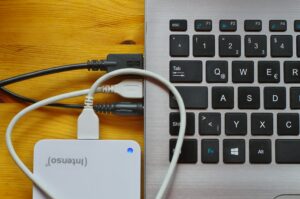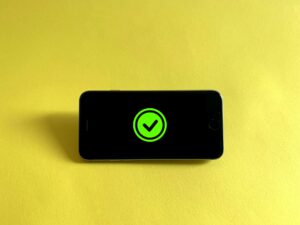How to Safely and Effectively Use VPNs

How to Safely and Effectively Use VPNs
For privacy, security, and free access to information online, a Virtual Private Network (VPN) has become a must-have tool. A lot of people know that VPNs can mask their IP addresses or get around geographical limitations, but not everyone knows how to use them well. Using a VPN for the wrong reasons or in the wrong way might make you feel safer than you really are. It’s crucial to use a VPN securely and correctly to get the most out of it.
What is a VPN?
A VPN creates a secure tunnel between your device and the internet. It doesn’t transmit data straight to websites; instead, it goes via a secure server run by the VPN provider. This procedure conceals your IP address, encrypts everything you do online, and keeps your privacy safe from hackers, advertising, and even insecure public Wi-Fi networks.
Why Should You Use a VPN?
VPNs have a lot of different uses, such as:
- Protecting your privacy by hiding your IP address.
- Keeping private information safe on public Wi-Fi networks.
- Getting around censorship and geo-restrictions to see stuff from all around the globe.
- Avoiding being tracked by advertising who are looking for you.
- Adding an additional layer of protection for internet banking and working from home.
Picking the Right VPN
There are differences between VPNs. To make sure it’s safe and works, search for:
- Strong encryption standards to keep data safe.
- A policy that doesn’t keep track of your behavior.
- Connection speeds that are always reliable so surfing and streaming go smoothly.
- Multiple server locations for easy access to content.
- Works with all devices, such PCs, smartphones, and tablets.
How to Use a VPN Safely
It’s not enough to merely turn on a VPN to use it correctly. To be as safe as possible, do these things:
- Turn on the kill switch so that your internet connection ceases if the VPN goes down.
- Stay away from free VPNs with vague rules, since they might track or sell your data.
- To make sure you have the most up-to-date security fixes, update your VPN program often.
- Instead of using old protocols, use secure ones like OpenVPN or WireGuard.
- Only use a VPN when you need to so you don’t rely on it too much and keep your speeds up.
How to Use a VPN Well
A VPN may be helpful for both work and personal usage. Some examples are:
- Security for remote work: Keep private corporate information safe while you work from home.
- How to stream material safely: Watch programs that are only available in certain areas while being anonymous.
- Online buying safety: Keep your payment information safe from being seen on unprotected networks.
- Travel safety: Protect your connection while using Wi-Fi at the airport or hotel.
- Freedom to research and browse: Get to information that may not be available in certain areas.
Things You Shouldn’t Do
Many people use VPNs incorrectly, which makes them less useful. Don’t:
- Thinking that a VPN makes you entirely anonymous. Other ways to measure activity, such cookies, may still do so.
- Ignoring local regulations against using VPNs, which might get you in trouble with the government in certain places.
- Logging accessing personal accounts on overseas servers if it could set off security flags.
- Thinking that all VPNs are safe without looking at reviews and rules.
Adding extra security measures to VPNs
A VPN is a strong tool, but it can’t do everything on its own. To be as safe as possible:
- Make sure your passwords are strong and unique, and turn on two-factor authentication.
- Make sure your devices always have the most recent software updates.
- Use antivirus or antimalware software with your VPN.
- Avoid websites or downloads that seem dubious and practice cautious surfing.
VPNs are great for keeping your information safe, safeguarding your privacy, and giving you more freedom online. But they only work if you utilize them intelligently. You can make sure that your online presence is secure and effective by picking a trustworthy provider, activating important features like a kill switch, and using good cybersecurity practices with your VPN.




